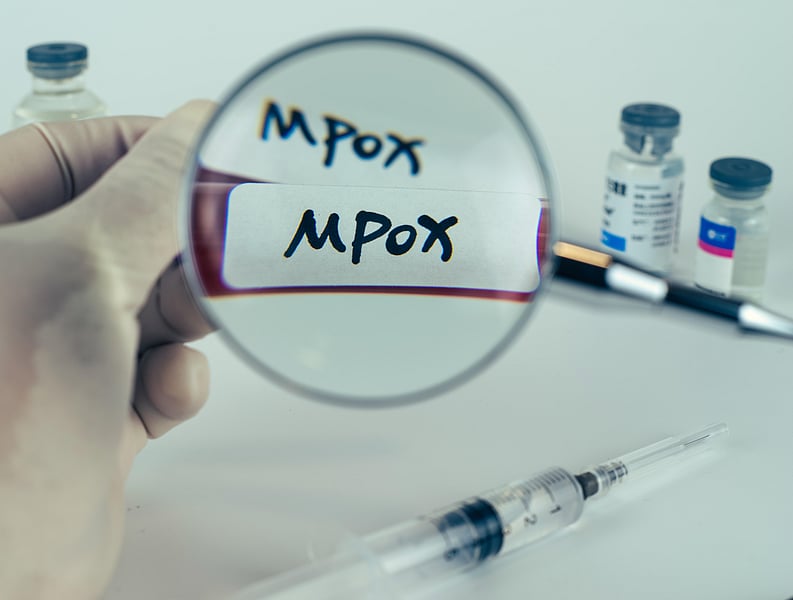Patient Resources
Get Healthy!
WHO Declares Global Mpox Outbreak Over
- May 11, 2023
- Cara Murez HealthDay Reporter

Cases of mpox around the world have dropped dramatically, prompting the World Health Organization (WHO) on Thursday to declare an end to the global health emergency.
The virus is no longer an acute concern, WHO Director-General Dr. Tedros Adhanom Ghebreyesus said during a media briefing.
An expert committee determined that a dramatic decline in cases -- about 90% fewer in the past three months -- meant the emergency was over.
"We now see steady progress in controlling the outbreak based on the lessons of HIV and working closely with the most affected communities,"Tedros said in a news release. "I'm pleased to declare that the mpox is no longer a global health emergency."
Although health experts had been concerned there would be backlash against communities most affected by the virus, that "has largely not materialized,"he said.
At its peak last year, the disease had spread to more than 100 countries, including many that had not had cases before.
Nearly all cases were in men who were gay, bisexual or had sex with other men.
Before this outbreak, mpox was established in parts of Africa, spreading to people from infected wild animals, such as rodents, according to the AP.
Earlier in the outbreak, scientists determined the virus was spreading among men at raves in Spain and Belgium.
Outbreaks in Europe and North America dropped off later last year. The virus wasn't spreading beyond men who were gay, bisexual or had sex with other men.
The United States has had more than 30,000 cases, according to the U.S. Centers for Disease Control and Prevention.
In all, the outbreak has claimed 140 lives and infected more than 87,000 people, according to the WHO. Vaccination campaigns may have helped slow the spread, the AP reported.
Still, the virus isn't gone yet. Public health officials are investigating a recent surge in Chicago.
And last week, cases rose 64% compared to the last week, mostly in the Americas and Western Pacific, the AP reported.
Cases are rising in central and west Africa, with a spike in Congo, the AP reported. Central African Republic, Nigeria, Liberia and Ghana also have cases.
Africa did not receive a large shipment of vaccines until last December, though wealthier parts of the world had vaccines much earlier.
Symptoms of mpox include rash, fever, headache, muscle pain and swollen lymph nodes, with skin lesions that can last for weeks. The disease can be very serious for those at high risk, but most don't need medical treatment.
More information
The U.S. Centers for Disease Control and Prevention has more on mpox.
SOURCE: Associated Press, May 11, 2023

